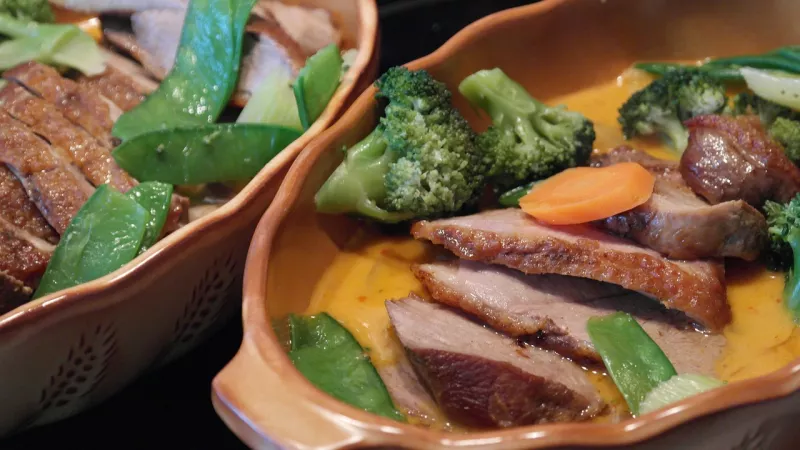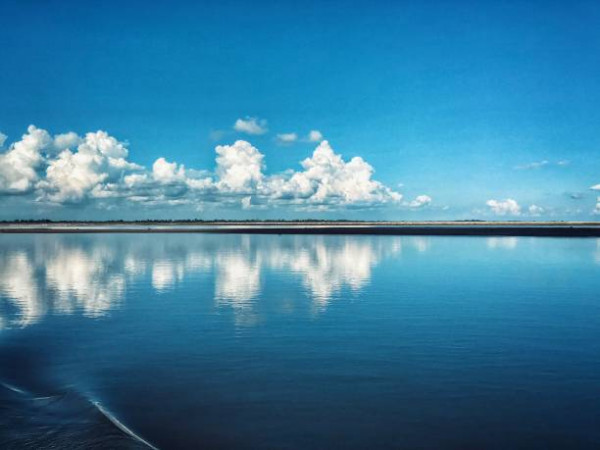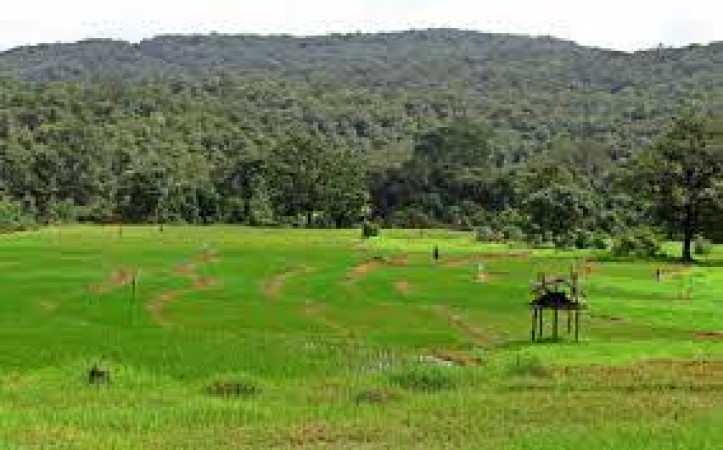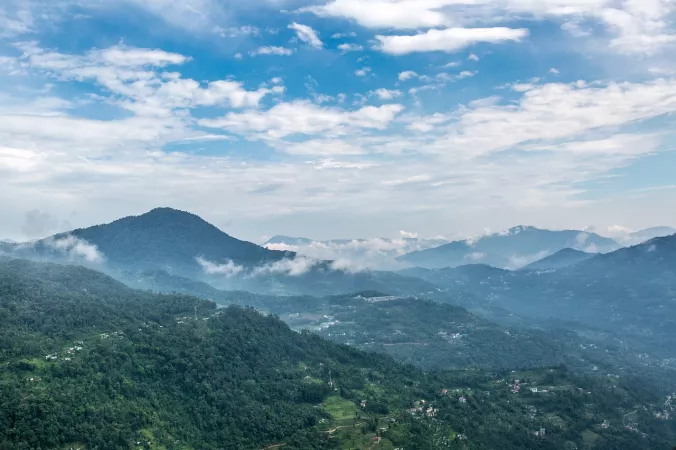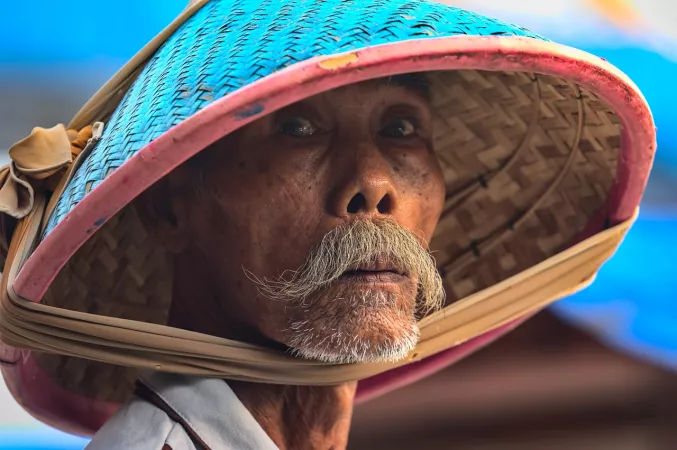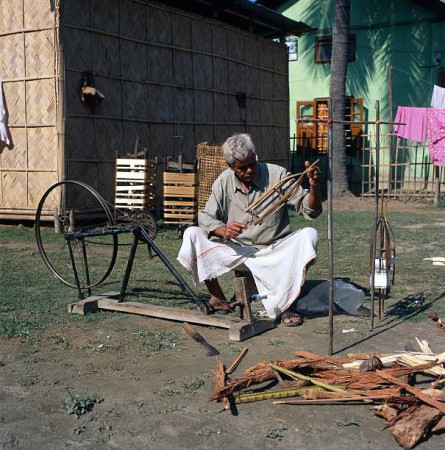Jorhat Travel Guide
Jorhat, located in the northeastern state of Assam in India, is a city steeped in rich history and cultural significance. Known as the 'Cultural Capital of Assam,' Jorhat is famous for its tea gardens, historical monuments, and vibrant festivals. The city is also a gateway to the Kaziranga National Park, a UNESCO World Heritage Site known for its population of one-horned rhinoceroses.Top Attractions in Jorhat
- Majuli Island - the world's largest river island
- Historic monuments like Raja Maidam and Bangalpukhari
- Tocklai Tea Research Institute - a must-visit for tea enthusiasts
- Dhekiakhowa Bornamghar - a 15th-century Vaishnavite monastery
Jorhat is Famous for
Tea gardens and Majuli Island.Top Attractions in Jorhat
- Exploring the tea gardens and learning about the tea-making process
- Visiting Majuli Island to experience the unique culture of the locals
- Attending traditional festivals like Bihu and Me-Dam-Me-Phi
What's Great about Travelling to Jorhat?
- Tea enthusiasts and nature lovers will enjoy the serene surroundings
- History buffs can explore the city's rich cultural heritage
What's Not So Great about Travelling to Jorhat?
- Those seeking a bustling city life may find Jorhat too quiet
- Accessibility to some attractions may require long travel times
Travel Tips for Jorhat
- Visa on Arrival is available for some nationalities at Guwahati Airport
- Public transportation is limited, consider hiring a car for sightseeing
- Respect local customs and traditions, especially when visiting religious sites
Important Jorhat trip information
- Ideal Duration: 3-4 days to explore the city and nearby attractions
- Best Time to Visit: November to March for pleasant weather
- Nearby Airports and Railway Stations: Jorhat Airport and Jorhat Railway Station
Top 9 Places to visit in Jorhat
FAQ's on Jorhat
Q1: What is the best time to visit Jorhat?
The best time to visit Jorhat is during the winter months from November to February when the weather is pleasant and ideal for exploring the city. This period also coincides with the festival season, offering a chance to witness cultural events and celebrations.
Q2: Do I need a visa to travel to Jorhat?
Tourists visiting Jorhat typically require a valid Indian visa. However, if you are from a visa-exempt country or arriving for a short duration, you may be eligible for an e-Visa. It is advisable to check the specific visa requirements based on your nationality before planning your trip.
Q3: What are the must-visit attractions in Jorhat?
Jorhat is known for attractions like Majuli Island, the world's largest river island, Kaziranga National Park, famous for one-horned rhinoceros, and the historical Tocklai Tea Research Institute. Don't miss the Jorhat Gymkhana Club, a heritage site with a rich colonial past.
Q4: Is Jorhat a safe place to travel?
Jorhat is generally a safe destination for travelers. It is recommended to stay cautious of your surroundings, especially in crowded areas, and avoid venturing into isolated or unfamiliar places alone, particularly at night.
Q5: What is the local currency in Jorhat and can I use credit cards?
The local currency in Jorhat is the Indian Rupee (INR). While major establishments accept credit cards, it is advisable to carry cash for smaller vendors or local markets. ATMs are widely available in the city for convenient cash withdrawal.
Q6: What is the local cuisine like in Jorhat?
Jorhat offers a blend of Assamese cuisine with flavors of tea and rice. Try traditional dishes like Aloo Pitika (mashed potatoes), Masor Tenga (sour fish curry), and Pitha (rice cakes). Vegetarian and non-vegetarian options are plentiful, catering to various dietary preferences.
Q7: What transportation options are available in Jorhat?
Transportation in Jorhat includes auto-rickshaws, cycle rickshaws, and local buses for short distances. Taxis are also available for more comfortable travel within the city. Renting a car or hiring a driver is a convenient option for exploring nearby attractions.
Q8: Are there any cultural norms or etiquette I should be aware of when visiting Jorhat?
When visiting Jorhat, it is important to respect local customs and traditions. Modest clothing is recommended, especially when visiting religious sites. Greetings are often exchanged with a Namaskar (folding hands) or a simple smile. Avoid public displays of affection and ask for permission before taking photographs, especially of locals.
Q9: I am a travel agent. How can I buy travel leads of Jorhat?
Register yourself as a travel agent at agents.tripclap.com and then you can buy travel leads to Jorhat once your account is approved. For more details contact our support team at +91-8069186564 or support@tripclap.com
